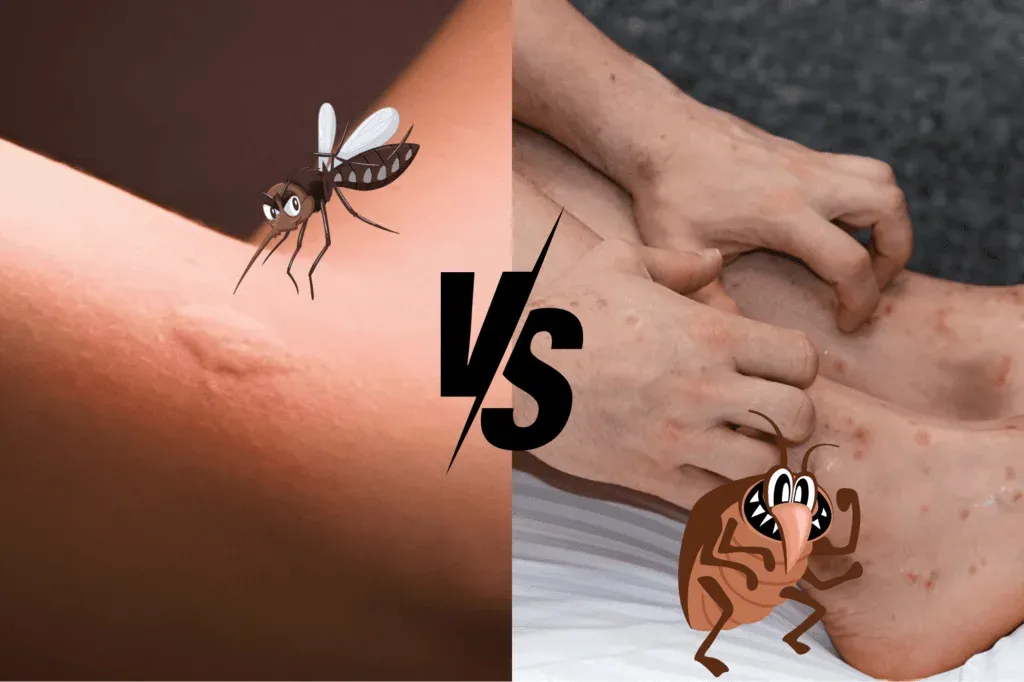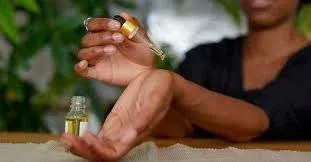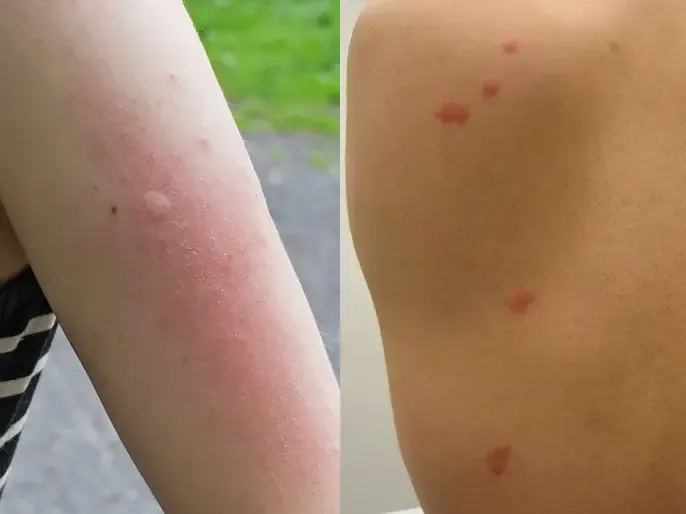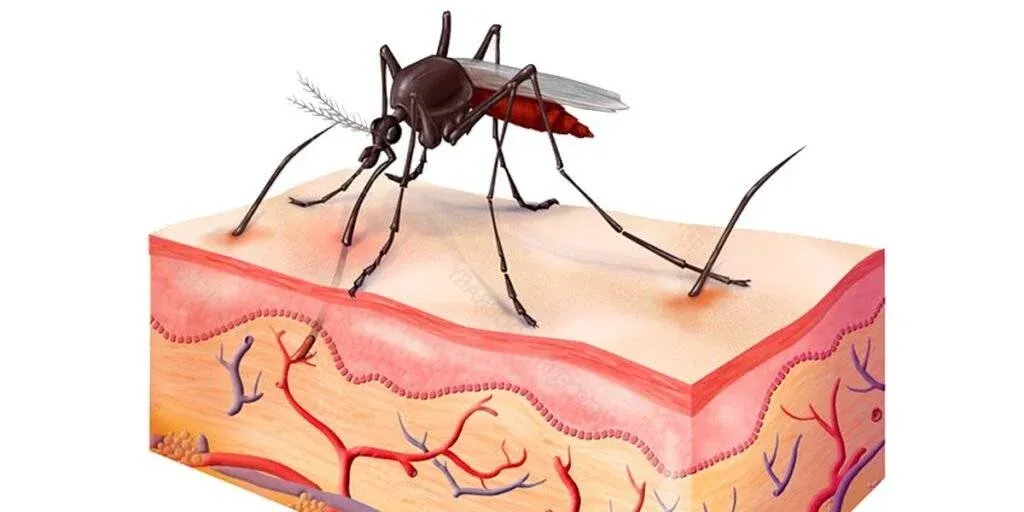Mosquito bites are annoying for everyone, but if you have sensitive skin, the experience can be even more challenging. Instead of mild irritation, you may face redness, swelling, persistent itching, or even marks that take a long time to heal. Understanding the right mosquito bite treatment for sensitive skin is essential to soothe discomfort without causing further irritation.
In this guide, you will learn why mosquito bites affect sensitive skin differently, the best treatment options, gentle home remedies, medical care when needed, and prevention tips.
Why Mosquito Bites Affect Sensitive Skin More
When a mosquito bites, it injects saliva into the skin, which triggers an immune response. This causes itching, redness, and swelling. For people with sensitive skin, the reaction is usually more severe because the skin barrier is weaker and more reactive.
Common symptoms include:
Intense itching
Larger welts or bumps
Prolonged redness
Rash or secondary irritation
Scarring or dark marks after healing
That’s why choosing a suitable mosquito bite treatment for sensitive skin is critical. Harsh chemicals or strong topical medications may worsen the irritation rather than calm it.
Gentle First Aid for Mosquito Bites
Before applying any treatment, it’s important to follow some basic first-aid steps. These methods can reduce irritation quickly and prevent the bite from worsening.
Clean the Area – Wash the bite with mild soap and lukewarm water to remove bacteria and reduce the risk of infection.
Apply a Cold Compress – Use a clean cloth with ice or cold water for 10 minutes to reduce swelling and soothe itching.
Avoid Scratching – Scratching can damage sensitive skin, leading to infections or scars.
These simple steps prepare the skin for targeted mosquito bite treatment for sensitive skin.
Home Remedies for Sensitive Skin Relief
Natural remedies are often the best choice for those with sensitive skin since they are gentle and less likely to cause irritation.
Aloe Vera Gel: Known for its cooling and anti-inflammatory properties, aloe vera helps reduce redness and itching.
Oatmeal Paste: Mixing oatmeal with water creates a soothing paste that calms irritated skin.
Cucumber Slices: Applying cold cucumber slices provides quick relief from burning and itching.
Honey: A natural antibacterial that reduces swelling and speeds up healing.
Chamomile Tea Bags: A chilled tea bag works as a mild anti-inflammatory compress.
These natural treatments are safe and effective, making them excellent options for mosquito bite treatment for sensitive skin.
Over-the-Counter Options
If home remedies are not enough, some over-the-counter treatments are safe for sensitive skin. Look for products labeled as fragrance-free, hypoallergenic, and dermatologist-tested.
Hydrocortisone Cream (Low Strength): Reduces itching and swelling without being too harsh.
Calamine Lotion: Provides cooling relief while drying out the bite.
Antihistamine Creams or Tablets: Help control the allergic reaction and reduce itching.
Always test a small patch of skin first to ensure the product does not trigger further irritation.
When to See a Doctor
Sometimes mosquito bites on sensitive skin can lead to complications. You should consult a doctor if you notice:
Excessive swelling spreading beyond the bite
Severe allergic reactions like difficulty breathing or dizziness
Signs of infection such as pus, increasing pain, or fever
Persistent marks that do not fade over weeks
Medical professionals may prescribe stronger antihistamines, corticosteroid creams, or other treatments suitable for sensitive skin.
Preventing Mosquito Bites on Sensitive Skin
The best mosquito bite treatment for sensitive skin is prevention. By minimizing exposure, you reduce the chances of irritation altogether.
Use Natural Repellents: Essential oils like lavender, tea tree, and citronella diluted in carrier oils are gentler alternatives to chemical repellents.
Wear Protective Clothing: Long sleeves, pants, and light-colored clothing make it harder for mosquitoes to reach your skin.
Keep Windows and Doors Screened: Prevent mosquitoes from entering your living space.
Avoid Peak Mosquito Hours: Mosquitoes are most active during dawn and dusk.
Apply Sensitive-Skin Repellents: Choose repellents labeled safe for children and sensitive skin.
Reducing Bite Marks and Scars
Even after healing, mosquito bites on sensitive skin can leave marks. Here’s how to reduce them safely:
Apply Vitamin E oil to help skin repair.
Use gentle exfoliation once the bite heals to remove dead skin cells.
Apply sunscreen on healed areas to prevent darkening.
This ensures that your skin returns to its natural state without long-term damage.
Final Thoughts
Dealing with mosquito bites can be frustrating, but for those with sensitive skin, it requires extra care. The best mosquito bite treatment for sensitive skin combines gentle home remedies, safe over-the-counter options, and preventive strategies. By choosing skin-friendly solutions, you can reduce discomfort, heal faster, and avoid long-term marks.
With the right approach, sensitive skin can remain healthy, calm, and irritation-free, even in mosquito-prone areas.






